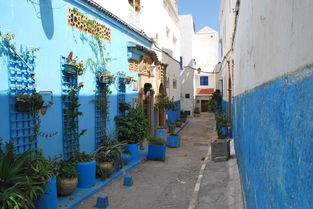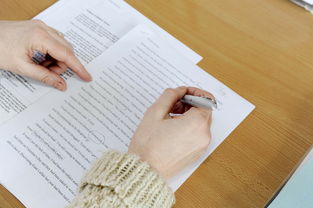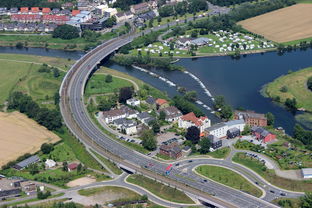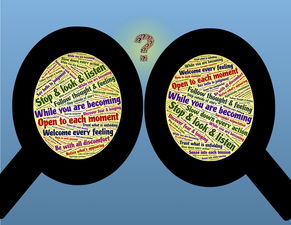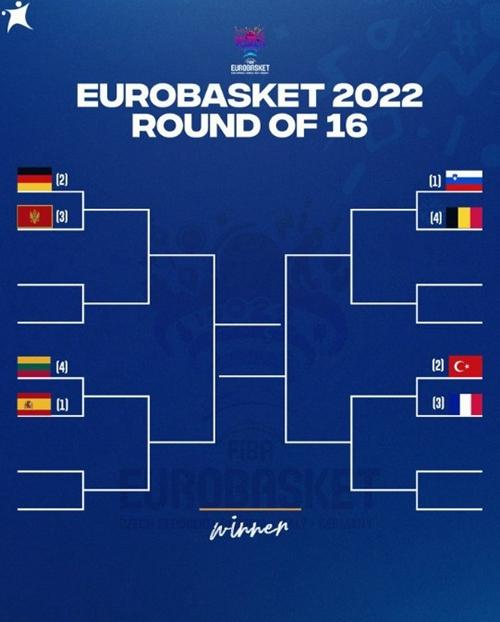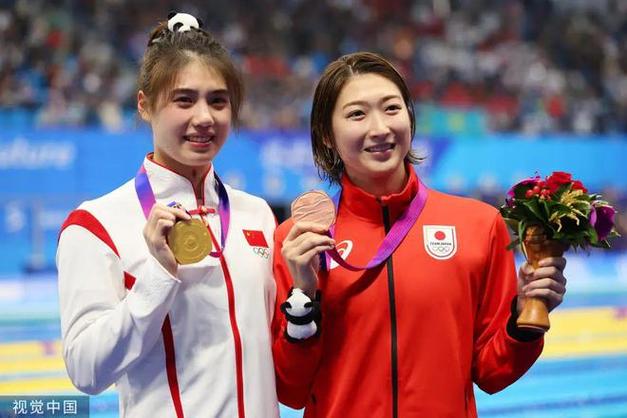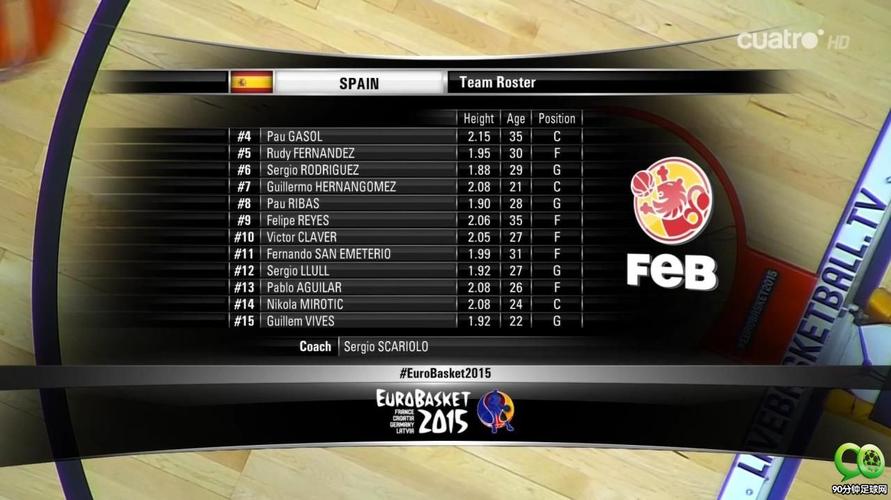Title: Master's Degree in War Literature in English
War literature in English is a diverse and compelling field of study that delves into the complexities of warfare, its impact on societies, and the human experience within conflict. A Master's degree in War Literature in English offers a profound exploration of this subject, encompassing literary works, historical contexts, and critical analysis. Here's an overview of what the program entails and the potential career paths it can lead to.
Curriculum Overview:
Literary Analysis:
Students will engage with a wide range of literary works that depict war and its aftermath, including novels, poetry, memoirs, and essays. They will analyze narrative techniques, symbolism, and themes related to war experiences.
Historical Context:
The program will provide a comprehensive understanding of the historical, political, and social factors that have shaped war literature throughout different periods and regions.
Critical Perspectives:
Students will explore diverse critical approaches to war literature, including feminist, postcolonial, and trauma studies, enhancing their ability to deconstruct and evaluate complex narratives.
Research and Thesis:
The degree typically culminates in a thesis project where students can conduct original research on a particular aspect of war literature, honing their scholarly skills.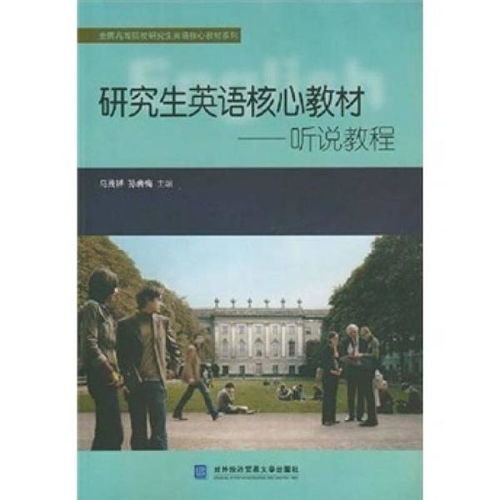
Potential Career Paths:
Academic Research and Teaching:
Graduates can pursue careers as university professors, sharing their expertise in war literature with the next generation of students.
Museum and Archive Curation:
The profound knowledge gained from this program can lead to opportunities in curating exhibitions or managing archives related to war literature and history.
Publishing and Editing:
A deep understanding of war literature can open doors to editorial roles in publishing houses, specializing in works related to war and conflict.
Journalism and Media:
Graduates may find roles as war correspondents or analysts, applying their literary and historical insights to report on global conflicts.
Public Policy and NGOs:
Some graduates may pivot towards roles in policy analysis, advocacy, and communication within governmental or nongovernmental organizations focused on peace, conflict resolution, and humanitarian efforts.Expert Recommendations:
1.
Diverse Reading:
Constantly broaden your reading of different war literature genres and authors, including voices from various global conflicts.2.
Interdisciplinary Study:
Seek opportunities to complement your literary studies with courses in history, international relations, or psychology to gain a more holistic understanding of war and its repercussions.3.
Networking and Conferences:
Engage with scholars and professionals in related fields through conferences, seminars, and online forums to stay updated on the latest developments and opportunities.A Master's Degree in War Literature in English holds the potential to not only deepen your understanding of literary works but also to open up avenues for meaningful and impactful careers that engage with the complexities of war and its aftermath.





